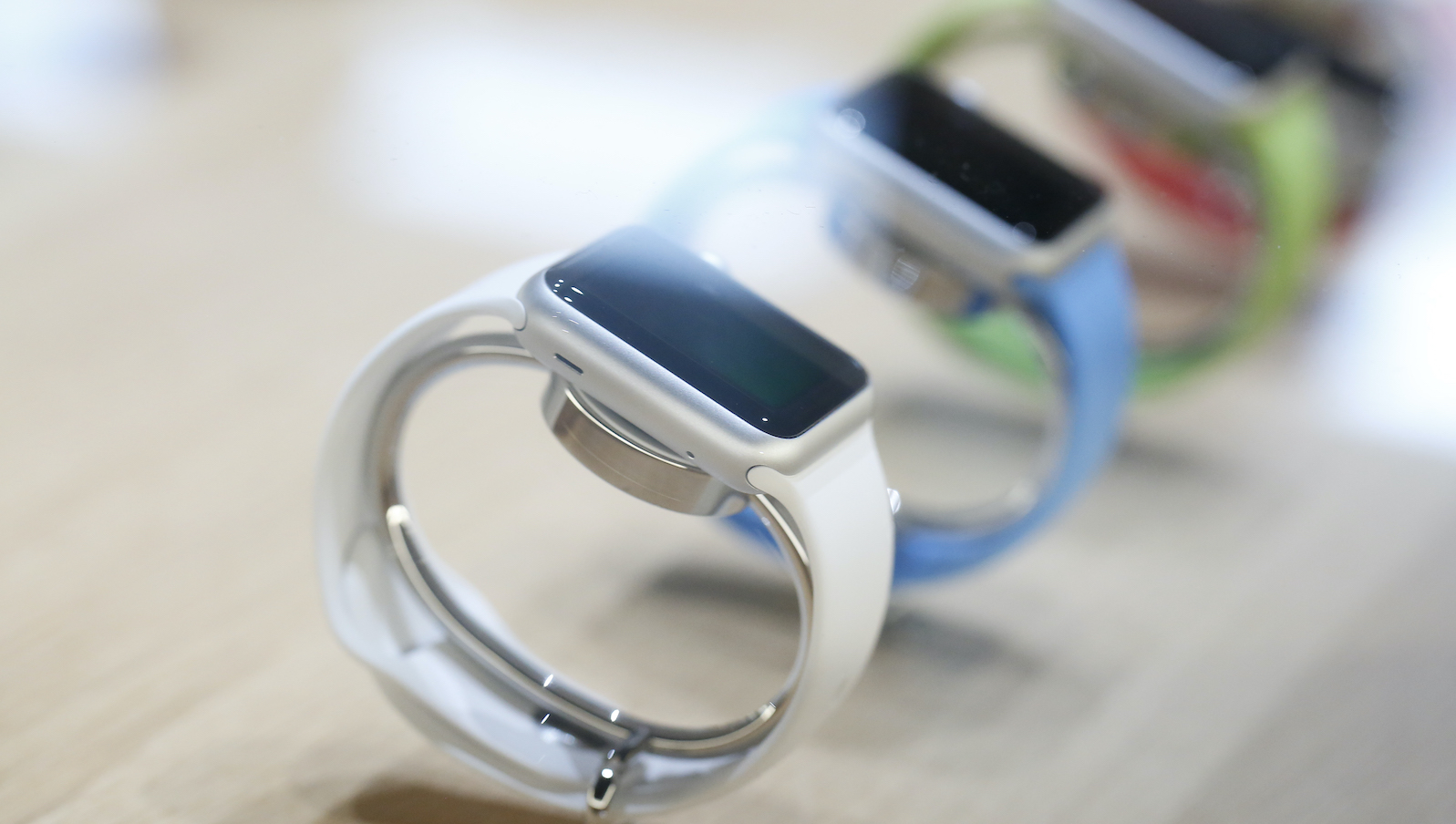Can an Apple Watch detect Covid-19? Researchers are trying to find out
And you could potentially help


Apple is using its tech expertise to make progress in the healthcare field. Researchers are trying to uncover whether or not an Apple Watch and other devices are able to detect diseases and viruses such as Covid-19.
According to reports, Apple is currently looking for people to lend a hand, and those in the Seattle area in the US are able to volunteer, provided they meet certain criteria. This includes being 22 or over and being able to participate in the study for up to six months.
“Researchers from the Seattle Flu Study and the University of Washington are teaming up with Apple to understand how everyday devices, like an Apple Watch or iPhone, can be used to predict illnesses like Covid-19,” the Seattle Flu Study states.
“We currently are recruiting for the study. We are looking for people who live in the greater Seattle area and may have higher than normal risk of respiratory illness because of frequent exposure to other people through work or other activities, health conditions, or other factors.”
More from woman&home:
• The best leggings for exercising and lounging
• The best running shoes for all types of workouts
• The best fitness trackers to monitor your activity
This is more proof that there is still so much to learn about Covid-19.
Sign up to our free daily email for the latest royal and entertainment news, interesting opinion, expert advice on styling and beauty trends, and no-nonsense guides to the health and wellness questions you want answered.
According to the CEO of Pfizer, Albert Bourla, it's likely that people will need a third dose of the Pfizer vaccine after being fully vaccinated for about a year, but that remains to be seen. He also predicted that we could possibly need an annual Covid-19 vaccine. Scientists, however, cannot say for sure at this time.
Other studies are being conducted surrounding the vaccine and particularly its effect on women. Kathryn Clancy, the head of the Clancy Lab at the University of Illinois, is currently researching the side effects the vaccine causes in menstrual cycles, while other healthcare professionals are looking into the reason why there has been an increase in mammograms showing swollen lymph nodes after women have been vaccinated.
It’s certainly an uneasy time, and it's not always clear what the best practices are for your health. If you’re ever unsure, contact your doctor or research the CDC’s website for myths and facts about Covid-19 vaccines.
Danielle is a writer for woman&home and My Imperfect Life, where she particularly enjoys covering lifestyle and entertainment news. She was previously the editor of Time Out New York Kids and a news editor at Elite Daily. When she's not working, you can find her reading a good book and enjoying a cup of coffee. Follow her @dvwrites.
